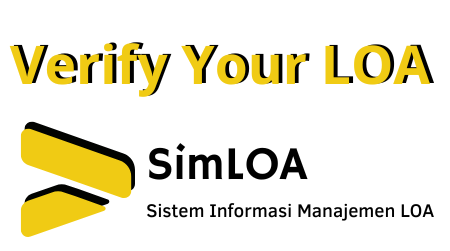Money Politik dan Pemilu di Indonesia dalam Perspektif Budaya Hukum
DOI:
https://doi.org/10.70656/jolasos.v1i2.156Keywords:
Political money, elections, legal culture, Indonesia, democracyAbstract
This article discusses the phenomenon of money politics in general elections (Pemilu) in Indonesia using a legal culture perspective. Political money has become one of the biggest challenges in Indonesia's democratic system, considering its impact on the integrity and quality of healthy elections. This research aims to analyze how money politics is viewed from the perspective of Indonesian legal culture, as well as to explore the factors that influence it, including social norms, political habits, and the role of law in preventing and overcoming this practice. The method used is a qualitative approach using literature study, document analysis, and interviews with legal experts and politicians in Indonesia. This research found that although there are clear legal regulations to overcome money politics, their implementation is still hampered by various legal cultures that have been internalized in society, such as the culture of patronage and clientelism. In addition, weak supervision and a lack of consistent law enforcement exacerbate this situation. This article suggests the need for more progressive legal culture reform to support clean, fair and democratic elections. This includes strengthening the role of the community in election supervision, increasing legal education for the community, as well as reforming the justice system which is more responsive to the practice of money politics. Thus, this research contributes to understanding the relationship between legal culture and the practice of money politics in the context of elections in Indonesia
Downloads
Downloads
Published
How to Cite
Issue
Section
License
This work is licensed under a Attribution-ShareAlike 4.0 International.
Jolasos content is licensed under a Attribution-ShareAlike 4.0 International. (CC BY SA 4.0). Authors retain unrestricted copyright and publishing rights of their articles. Authors also grant any third party the right to use or reuse the article freely if its original authors and citation details are identified.






.png)
.png)




